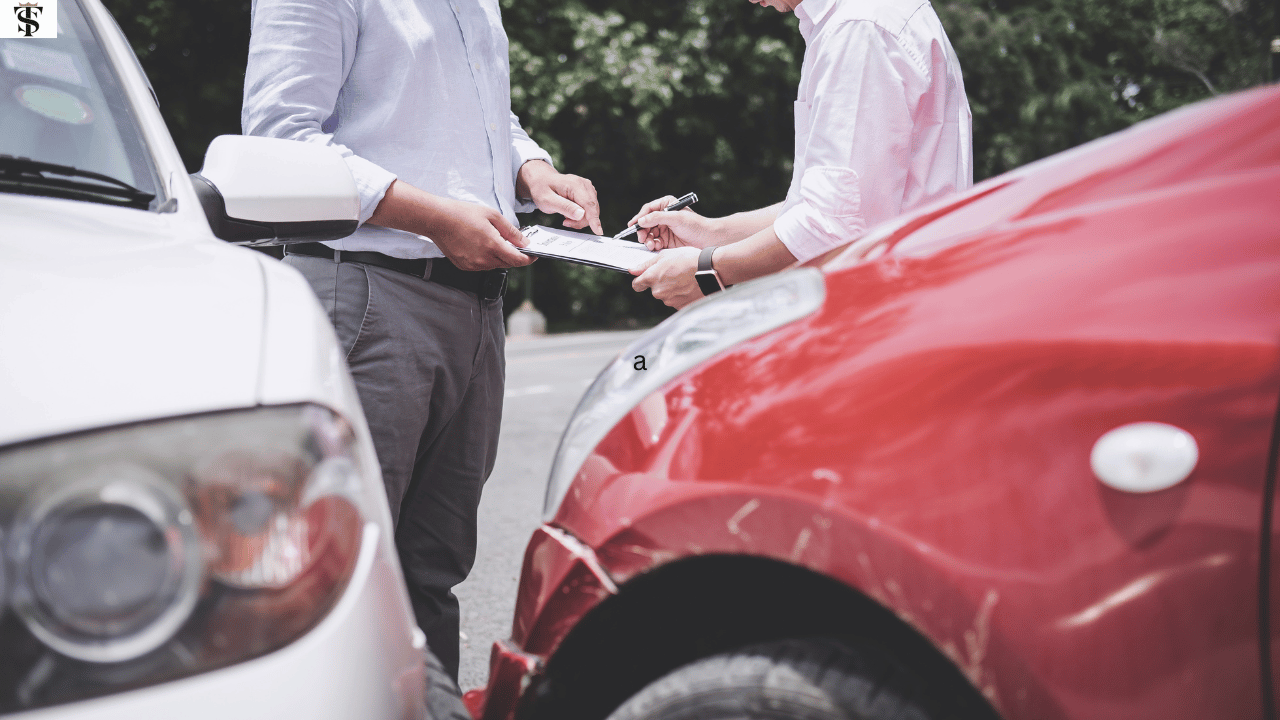Car Insurance Fraud Scams
Car Insurance Fraud Scams: How to Avoid Common Traps
Car insurance fraud scams are more common than you might think—and they cost honest drivers billions of dollars every year. These fraudulent activities not only drive up premiums for everyone, but they can also leave victims dealing with false claims, legal trouble, and expensive repairs.
If you own or drive a car, it’s important to understand how these scams work and what steps you can take to protect yourself.
What Is Car Insurance Fraud?
Car insurance fraud refers to any act of deception intended to secure an unlawful benefit from an auto insurance policy. This can include fake accidents, exaggerated injuries, inflated repair costs, or even false information on an insurance application.
According to the FBI, insurance fraud costs Americans over $40 billion each year, adding hundreds of dollars to the average policyholder’s premium.
Most Common Car Insurance Fraud Scams
Recognizing the warning signs can help you avoid becoming a target. Below are the most frequent car insurance scam tactics:
1. Staged Car Accidents
Criminals intentionally cause accidents to file fake insurance claims. Common staged accident types include:
-
Swoop and Squat: A car cuts in front of you and brakes suddenly, forcing a collision.
-
Wave-In Scam: A driver waves you on and then hits your car, denying they gave permission.
2. Fake or Exaggerated Injury Claims
Scammers often work with dishonest medical providers to bill insurance for injuries that are fake or grossly exaggerated, increasing the payout.
3. Inflated Vehicle Damage
Some fraudsters inflate repair estimates or report pre-existing damage as part of a recent accident to get more money from insurance companies.
4. Unauthorized Tow Truck Scams
After an accident, unlicensed tow trucks may appear on the scene and tow your car without consent, leading to inflated fees or referral to shady repair shops.
5. False Information on Insurance Applications
Lying about your address, mileage, or primary driver to lower your premium is considered insurance fraud—and it can void your coverage if discovered.
How to Protect Yourself from Car Insurance Fraud Scams
Follow these tips to avoid falling victim to auto insurance fraud scams:
1. Document the Accident Scene
Take photos of:
-
All vehicles and license plates
-
Any visible injuries
-
Road conditions and surroundings
Get contact info from everyone involved and call the police to file an official report.
2. Be Wary of Strangers Offering Help
Don’t trust anyone who shows up uninvited after an accident—especially tow trucks or people recommending doctors, lawyers, or repair shops.
3. Review All Insurance and Repair Paperwork
Double-check all bills, estimates, and documents before signing or submitting them to your insurer.
4. Report Suspicious Activity
If something doesn’t feel right, report it to your insurance company or call the National Insurance Crime Bureau (NICB) at 1-800-TEL-NICB.
5. Always Be Honest on Insurance Forms
Avoid becoming an accidental fraudster—always give accurate information when applying for or renewing your auto insurance.
Final Thoughts: Stay Smart, Stay Protected
Car insurance fraud scams are a major problem that affects everyone on the road. By staying informed, documenting every accident thoroughly, and reporting suspicious behavior, you can avoid being tricked—and help prevent rising insurance costs in your community.
Car insurance fraud scams are more common than you might think—and they cost honest drivers billions of dollars every year. These fraudulent activities not only drive up premiums for everyone, but they can also leave victims dealing with false claims, legal trouble, and expensive repairs.
If you own or drive a car, it’s important to understand how these scams work and what steps you can take to protect yourself.
What Is Car Insurance Fraud?
Car insurance fraud refers to any act of deception intended to secure an unlawful benefit from an auto insurance policy. This can include fake accidents, exaggerated injuries, inflated repair costs, or even false information on an insurance application.
According to the FBI, insurance fraud costs Americans over $40 billion each year, adding hundreds of dollars to the average policyholder’s premium.
Most Common Car Insurance Fraud Scams
Recognizing the warning signs can help you avoid becoming a target. Below are the most frequent car insurance scam tactics:
1. Staged Car Accidents
Criminals intentionally cause accidents to file fake insurance claims. Common staged accident types include:
-
Swoop and Squat: A car cuts in front of you and brakes suddenly, forcing a collision.
-
Wave-In Scam: A driver waves you on and then hits your car, denying they gave permission.
2. Fake or Exaggerated Injury Claims
Scammers often work with dishonest medical providers to bill insurance for injuries that are fake or grossly exaggerated, increasing the payout.
3. Inflated Vehicle Damage
Some fraudsters inflate repair estimates or report pre-existing damage as part of a recent accident to get more money from insurance companies.
4. Unauthorized Tow Truck Scams
After an accident, unlicensed tow trucks may appear on the scene and tow your car without consent, leading to inflated fees or referral to shady repair shops.
5. False Information on Insurance Applications
Lying about your address, mileage, or primary driver to lower your premium is considered insurance fraud—and it can void your coverage if discovered.
How to Protect Yourself from Car Insurance Fraud Scams
Follow these tips to avoid falling victim to auto insurance fraud scams:
1. Document the Accident Scene
Take photos of:
-
All vehicles and license plates
-
Any visible injuries
-
Road conditions and surroundings
Get contact info from everyone involved and call the police to file an official report.
2. Be Wary of Strangers Offering Help
Don’t trust anyone who shows up uninvited after an accident—especially tow trucks or people recommending doctors, lawyers, or repair shops.
3. Review All Insurance and Repair Paperwork
Double-check all bills, estimates, and documents before signing or submitting them to your insurer.
4. Report Suspicious Activity
If something doesn’t feel right, report it to your insurance company or call the National Insurance Crime Bureau (NICB) at 1-800-TEL-NICB.
5. Always Be Honest on Insurance Forms
Avoid becoming an accidental fraudster—always give accurate information when applying for or renewing your auto insurance.
Final Thoughts: Stay Smart, Stay Protected
Car insurance fraud scams are a major problem that affects everyone on the road. By staying informed, documenting every accident thoroughly, and reporting suspicious behavior, you can avoid being tricked—and help prevent rising insurance costs in your community.


